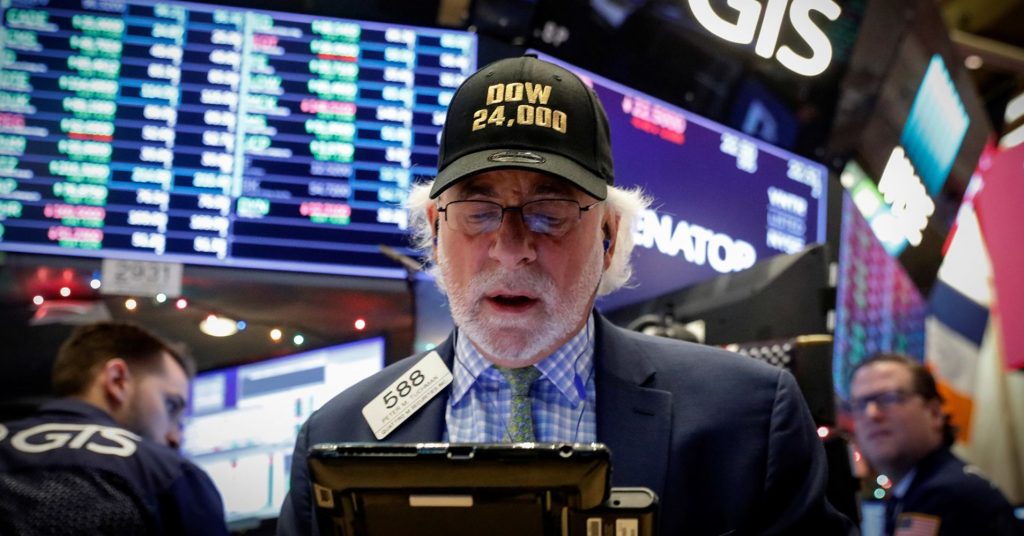
The European banking system needs consolidation and “as time goes by, it will become more and more inevitable,” the head of one of the largest banks in Europe told CNBC on Tuesday.
Often investors, policy-makers and other industry experts refer to fragmentation as one of the biggest hurdles to profitability in European banks. UBS chief Sergio Ermotti told CNBC in an exclusive interview that the issue is “not sustainable.”
“That’s something that as time goes by will become more and more inevitable, is part of the solutions. For sure consolidation needs to happen, in particular in Europe, where we see a lot of fragmentation that it is not sustainable,” Ermotti told CNBC’s Joumanna Bercetche.
He further added that technology will make the sector more “effective and more efficient.”
European banks have suffered from a trust deficit and have struggled to convince investors, since the global financial crisis. Since the start of the year, the European banking index is down about 20 percent.
Going forward it is hard to predict how investors will see European banks, Ermotti told CNBC.
“Difficult to predict sentiment and investors’ approach. I think it is quite clear that investors are very reluctant to invest in our sector,” he said. “I do respect the merits and a more balanced approach to valuations in our industry but we have to recognize this is a very challenging moment,” he added.
Banks have had to deal with several crisis-legacy issues, such as bad loans, amid a low-interest rate environment and tougher regulations.
Earlier on Tuesday, the bank’s chief economist told CNBC that “we are getting very close to pre-crisis levels on a whole range of economic variables.”
According to UBS forecast global growth in 2018 is tracking just below 3 percent, from 4.5 percent late last year. Arend Kapteyn, chief economist at UBS Investment Bank described the situation as the “largest slowdown in global growth since basically 2012 – the euro zone crisis.”
“We attribute most of it to the slowdown in global trade cycle – sort of pre-dating the tariff tension. But we are also seeing some signs of late cycle dynamic, some capacity constraints, confidence going down because of the tariffs, so it is a little bit unclear what to pin it down to exactly,” he said.
The U.S. justice department announced earlier this month an investigation into UBS leading up to the global financial crisis. The Swiss bank is being investigated for misleading investors with risky mortgage-backed securities.
Ermotti told CNBC: “We don’t believe there is any proof or any merit in these claims.”
“It is our responsibility to defend the interest of our shareholders. I think our bank lost a lot of money during the financial crisis by having position(s) in residential mortgage backed securities, so it is very difficult to argue that we were intentionally misleading investors,” he added.

